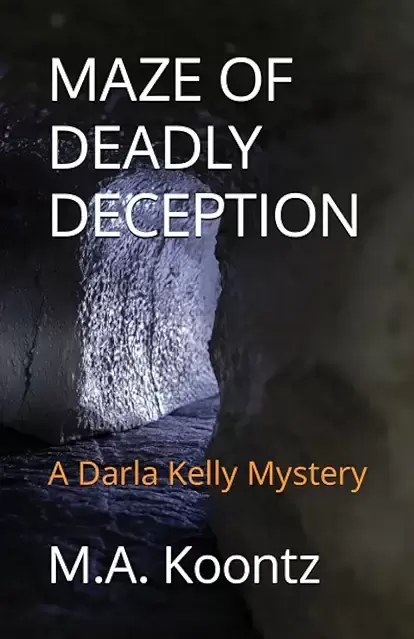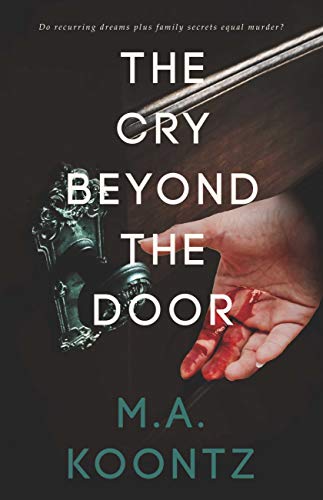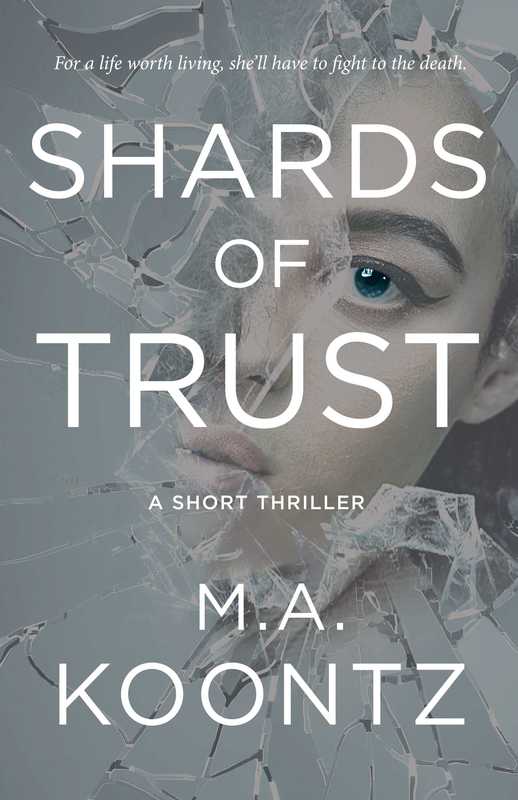|
(This article originally appeared in Lauren Taylor Shute Editorial's 10/4/17 blog Letters from the Editor.)
How many times have we, as writers, heard “write what you know” and you’ll do just fine? It almost becomes a mantra in many writing circles. I agree that it has its merits, but I think the definition of “what you know” can be stretched a bit, or maybe a lot, when it comes to fiction. Allow me to explain myself. I recently authored the book, Shards of Trust, a short thriller set in the Midwest. I am comfortably familiar with this background having lived in both Indiana and Illinois my entire life. Check: “write what you know.” But the plot includes numerous scenes involving a deep conspiracy in the medical field that puts profits over children’s lives. Which box do I check? Here is where the stretch comes in. I do not, nor have I ever, worked in any medical field. That being said, I come from a family of nurses. My mom was a nurse, as well as two of my sisters. Another sister worked in the hospital lab. You can only imagine the indigestion I suffered from hearing the “shop talk” at the dinner table. Could I use this indirect submersion into the medical community? Why not? Of course, this would not be appropriate for nonfiction, but in fiction, all’s fair, because it’s a story created from some semblance of reality. My neighboring communities include various prosthetic manufacturing companies, where competition and product secrecy is the norm. My brother worked as an accountant at one such business, and although there was never anything remotely sinister at these industries, I let my imagination run wild. Then there were the relatives who suffered through the challenges of having a small child with serious medical issues, and all the fears and constant vigilance that comes along with such devastating circumstances. We all know someone like that who our hearts go out to in pain and sympathy. I kneaded that third-hand acquired knowledge from the community and family as though it were a ball of dough, and mixed in constant “what if’s” to blend and twist it into my own fully baked story. I was definitely not an expert in the field, but it was very much a part of my interactions and connections. I look at it as kind of a payoff for listening to all those stories for so many years. Of course, there was also a tremendous amount of research required in order to blend fact with fiction, but it was simply another necessary ingredient. That story spun around in my head until it grew into something that I couldn’t shake from my thoughts. To quote my editor, Lauren Taylor Shute, “You have a story, and that story will not rest until it’s told.” Since my past writing experience was short stories, I tiptoed precariously into the book author’s pond by first writing a rough draft or outline of my story. By the time I had reached out to Lauren, I was knee deep in the water, and by the end of our phone conversation, I had taken the plunge. And as she says, “It’s a daunting task,” but with the help of her expertise, I was able to tell it. With Shards of Trust, I stretched the definition of “write what you know” to “write what you know vicariously through others,” and research the rest. I believe that as writers, we can allow ourselves to take that little bit of knowledge and turn it into something dangerous, fun, or romantic. Why not? It is fiction after all!
0 Comments
Leave a Reply. |
"Writing is a journey that follows the scenic path through the human condition across streams of emotions, fields of laughter, hills of challenges, and dark forests of mystery and suspense. Ah, let me grab my backpack and join you..."
M.A. Koontz |




 RSS Feed
RSS Feed